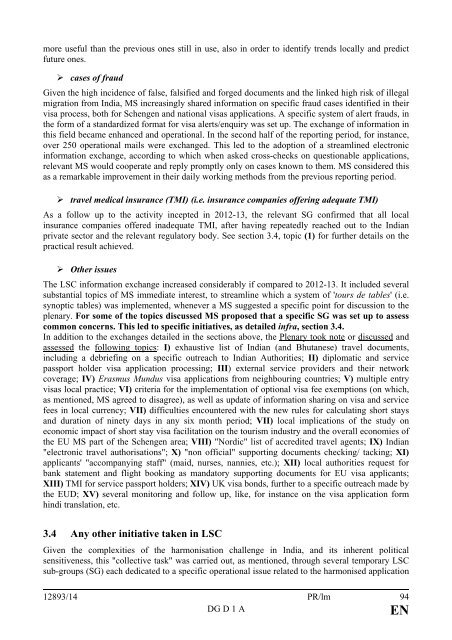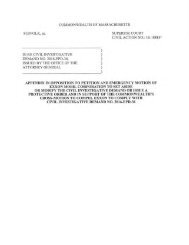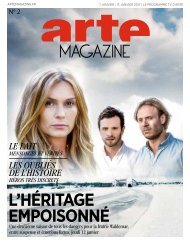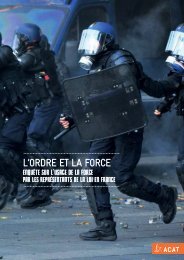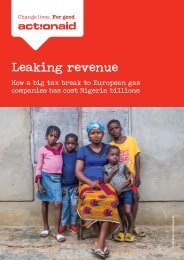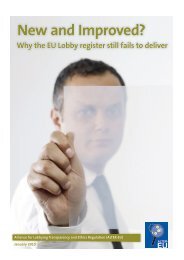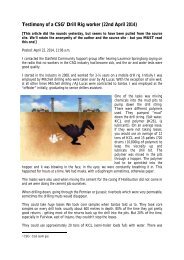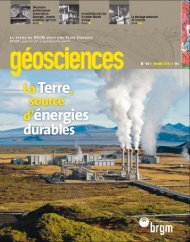eu-com-schengen-coop
eu-com-schengen-coop
eu-com-schengen-coop
Create successful ePaper yourself
Turn your PDF publications into a flip-book with our unique Google optimized e-Paper software.
more useful than the previous ones still in use, also in order to identify trends locally and predict<br />
future ones.<br />
‣ cases of fraud<br />
Given the high incidence of false, falsified and forged documents and the linked high risk of illegal<br />
migration from India, MS increasingly shared information on specific fraud cases identified in their<br />
visa process, both for Schengen and national visas applications. A specific system of alert frauds, in<br />
the form of a standardized format for visa alerts/enquiry was set up. The exchange of information in<br />
this field became enhanced and operational. In the second half of the reporting period, for instance,<br />
over 250 operational mails were exchanged. This led to the adoption of a streamlined electronic<br />
information exchange, according to which when asked cross-checks on questionable applications,<br />
relevant MS would <strong>coop</strong>erate and reply promptly only on cases known to them. MS considered this<br />
as a remarkable improvement in their daily working methods from the previous reporting period.<br />
‣ travel medical insurance (TMI) (i.e. insurance <strong>com</strong>panies offering adequate TMI)<br />
As a follow up to the activity incepted in 2012-13, the relevant SG confirmed that all local<br />
insurance <strong>com</strong>panies offered inadequate TMI, after having repeatedly reached out to the Indian<br />
private sector and the relevant regulatory body. See section 3.4, topic (1) for further details on the<br />
practical result achieved.<br />
‣ Other issues<br />
The LSC information exchange increased considerably if <strong>com</strong>pared to 2012-13. It included several<br />
substantial topics of MS immediate interest, to streamline which a system of 'tours de tables' (i.e.<br />
synoptic tables) was implemented, whenever a MS suggested a specific point for discussion to the<br />
plenary. For some of the topics discussed MS proposed that a specific SG was set up to assess<br />
<strong>com</strong>mon concerns. This led to specific initiatives, as detailed infra, section 3.4.<br />
In addition to the exchanges detailed in the sections above, the Plenary took note or discussed and<br />
assessed the following topics: I) exhaustive list of Indian (and Bhutanese) travel documents,<br />
including a debriefing on a specific outreach to Indian Authorities; II) diplomatic and service<br />
passport holder visa application processing; III) external service providers and their network<br />
coverage; IV) Erasmus Mundus visa applications from neighbouring countries; V) multiple entry<br />
visas local practice; VI) criteria for the implementation of optional visa fee exemptions (on which,<br />
as mentioned, MS agreed to disagree), as well as update of information sharing on visa and service<br />
fees in local currency; VII) difficulties encountered with the new rules for calculating short stays<br />
and duration of ninety days in any six month period; VII) local implications of the study on<br />
economic impact of short stay visa facilitation on the tourism industry and the overall economies of<br />
the EU MS part of the Schengen area; VIII) "Nordic" list of accredited travel agents; IX) Indian<br />
"electronic travel authorisations"; X) "non official" supporting documents checking/ tacking; XI)<br />
applicants' "ac<strong>com</strong>panying staff" (maid, nurses, nannies, etc.); XII) local authorities request for<br />
bank statement and flight booking as mandatory supporting documents for EU visa applicants;<br />
XIII) TMI for service passport holders; XIV) UK visa bonds, further to a specific outreach made by<br />
the EUD; XV) several monitoring and follow up, like, for instance on the visa application form<br />
hindi translation, etc.<br />
3.4 Any other initiative taken in LSC<br />
Given the <strong>com</strong>plexities of the harmonisation challenge in India, and its inherent political<br />
sensitiveness, this "collective task" was carried out, as mentioned, through several temporary LSC<br />
sub-groups (SG) each dedicated to a specific operational issue related to the harmonised application<br />
12893/14 PR/lm 94<br />
DG D 1 A<br />
EN


